As we age, our metabolism naturally slows down, muscle mass diminishes, and our bodies store fat differently. One of the most common concerns among senior citizens is the accumulation of belly fat, which is not only a cosmetic issue but also a health concern, increasing the risk of diabetes, heart disease, and other lifestyle-related conditions.
However, achieving a flatter stomach after 60 is not an impossible task. By making a few adjustments to your diet, activity levels, and daily habits, you can reduce belly fat, feel lighter, and improve overall well-being. Here are 25 effective and sustainable ways to keep your midsection in check.
- Stay Hydrated Throughout the Day

Drinking plenty of water helps with digestion, reduces bloating, and prevents unnecessary snacking. Often, what we perceive as hunger is actually thirst. Aim to drink at least 8-10 glasses of water daily, and if plain water seems monotonous, try warm water with lemon, herbal teas, or infused water with mint and cucumber.
- Increase Fibre Intake
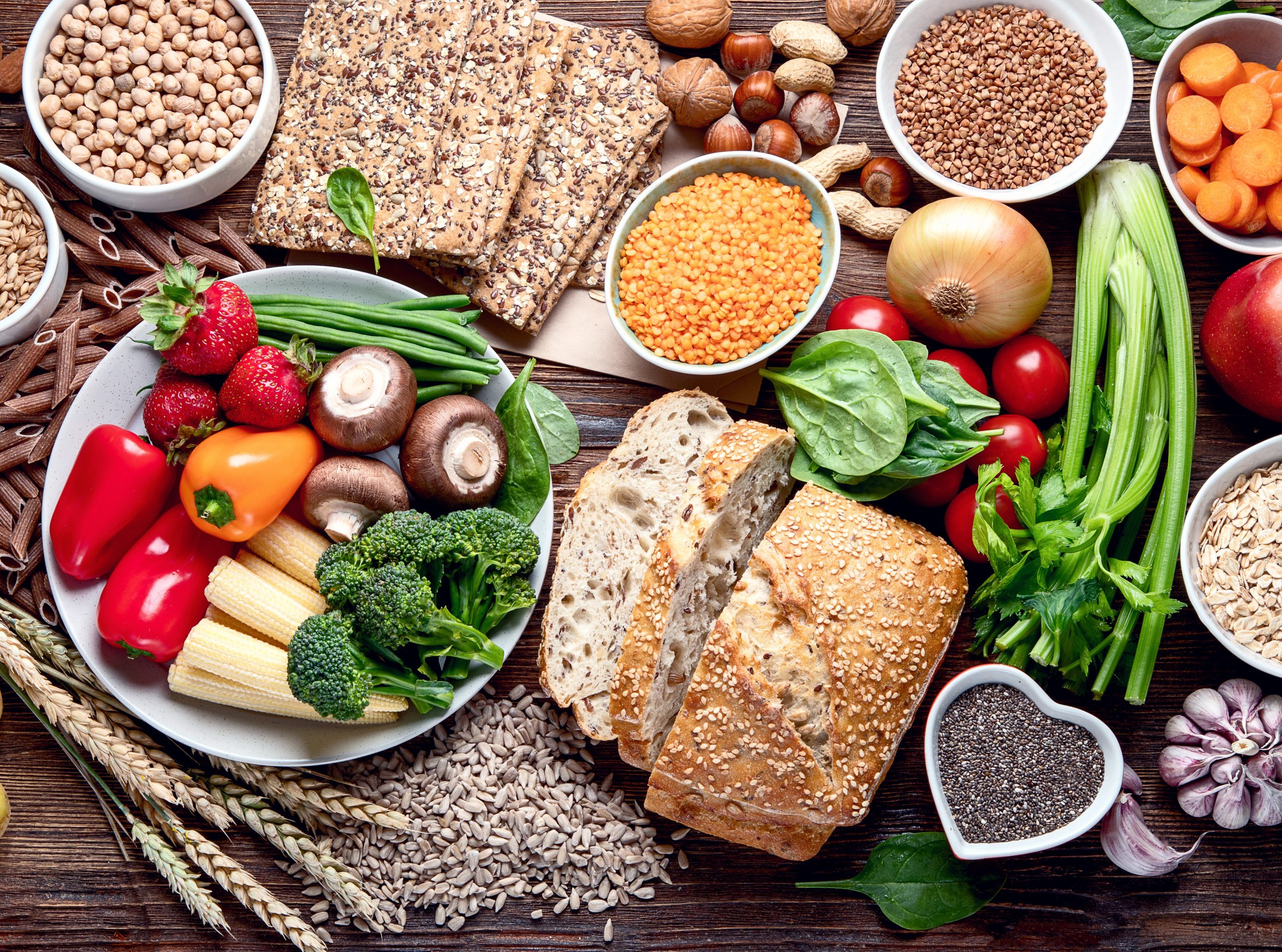
A high-fibre diet aids digestion, prevents constipation, and keeps you full for longer. Include whole grains like jowar, bajra, brown rice, and whole wheat, as well as fibrous vegetables such as spinach, carrots, and bottle gourd. Lentils (dal) and beans are also excellent sources of fibre.
- Cut Down on Sugar and Refined Carbs
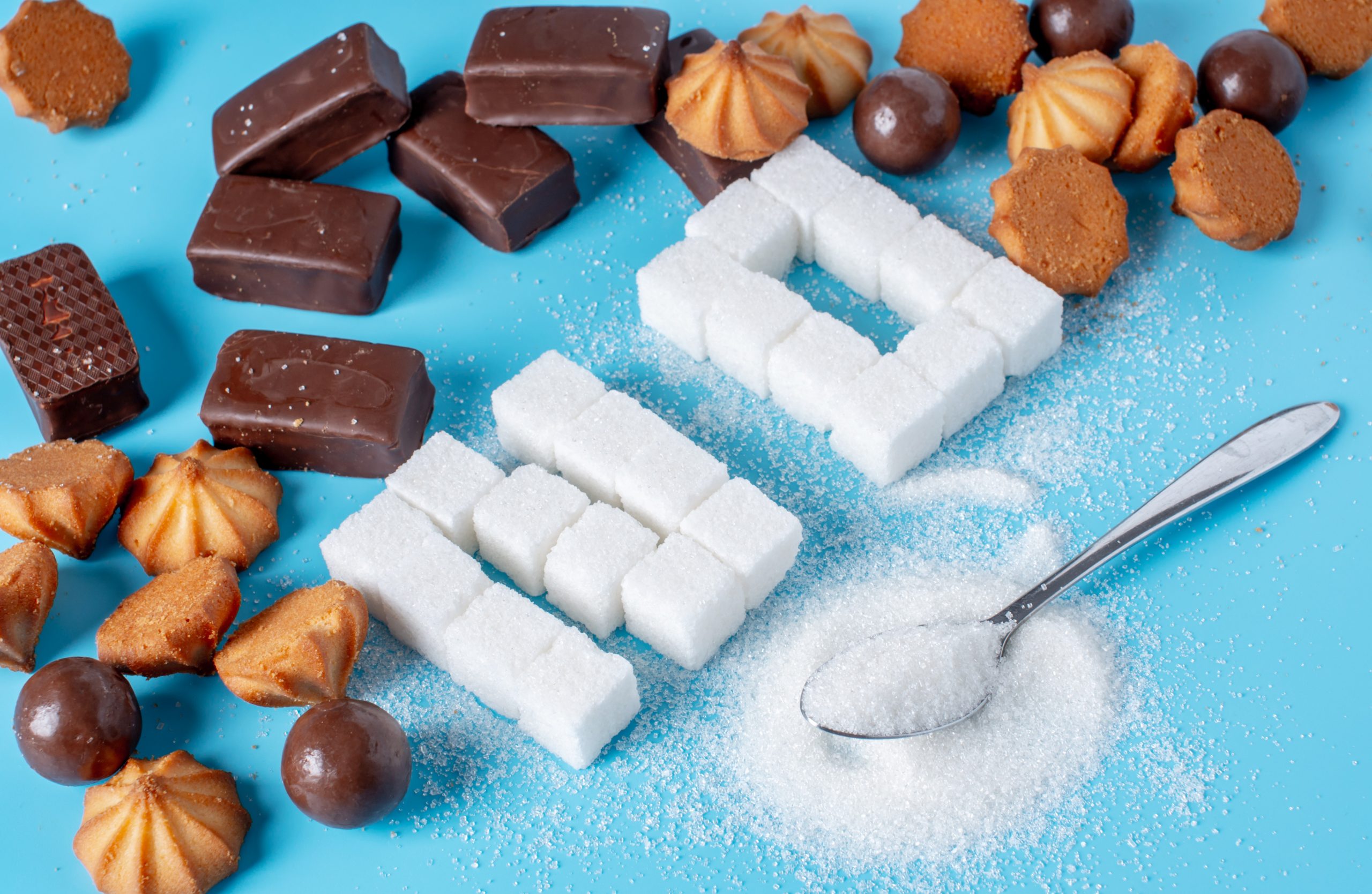
Excess sugar, particularly from processed foods, sugary tea/coffee, and sweets, contributes significantly to belly fat. Replace white sugar with jaggery (in moderation) or natural sweeteners like dates. Reduce consumption of white bread, biscuits, and maida-based foods, which spike blood sugar levels and lead to fat accumulation.
- Prioritise Protein in Your Diet

Protein helps preserve muscle mass and boosts metabolism. As we age, our protein needs increase, yet many Indian diets lack adequate protein. Include lean protein sources such as paneer, eggs, dal, sprouts, fish, chicken, curd, and soya in your daily meals.
- Engage in Strength Training
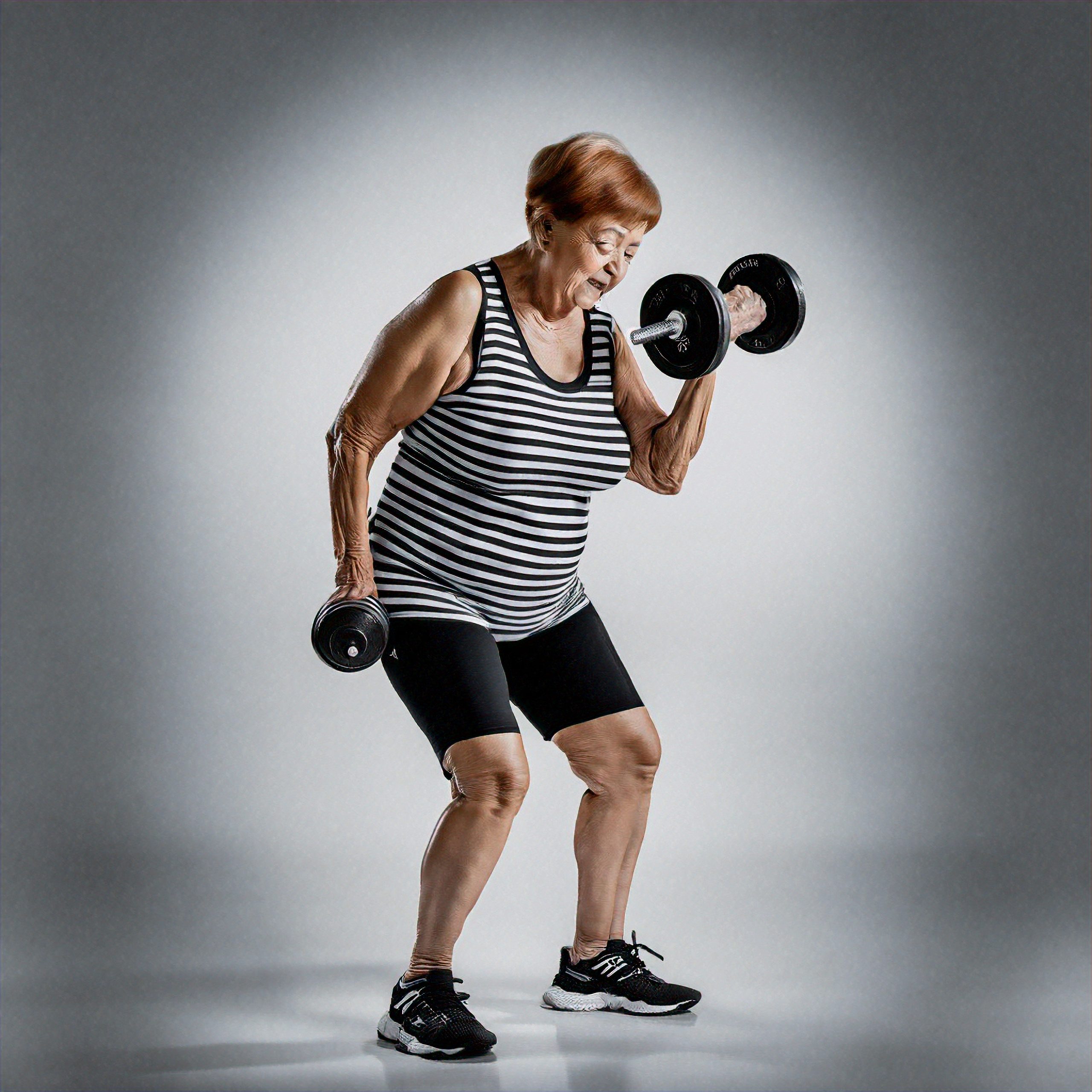
Many believe strength training is only for the young, but muscle loss accelerates after 50. Light weight training, resistance band exercises, or even bodyweight exercises like squats, lunges, and push-ups help maintain muscle tone and burn fat. If you are new to strength training, start with chair-assisted squats or consult a physiotherapist.
- Opt for Low-Impact Cardio
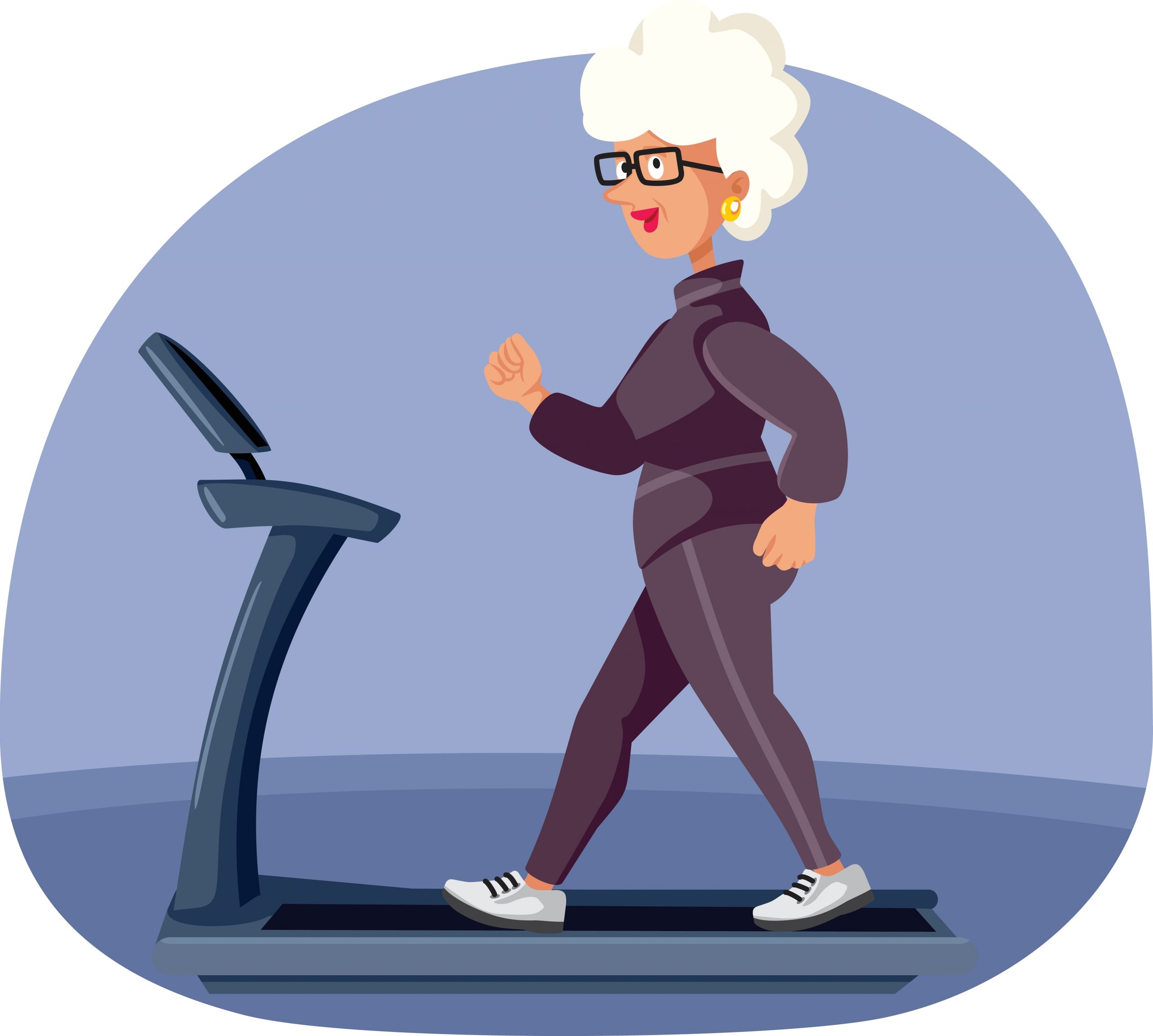
Aerobic exercises like brisk walking, swimming, cycling, or even traditional activities like yoga and pranayama improve cardiovascular health and help burn calories without straining the joints. Aim for at least 30 minutes of activity five days a week.
- Practise Portion Control
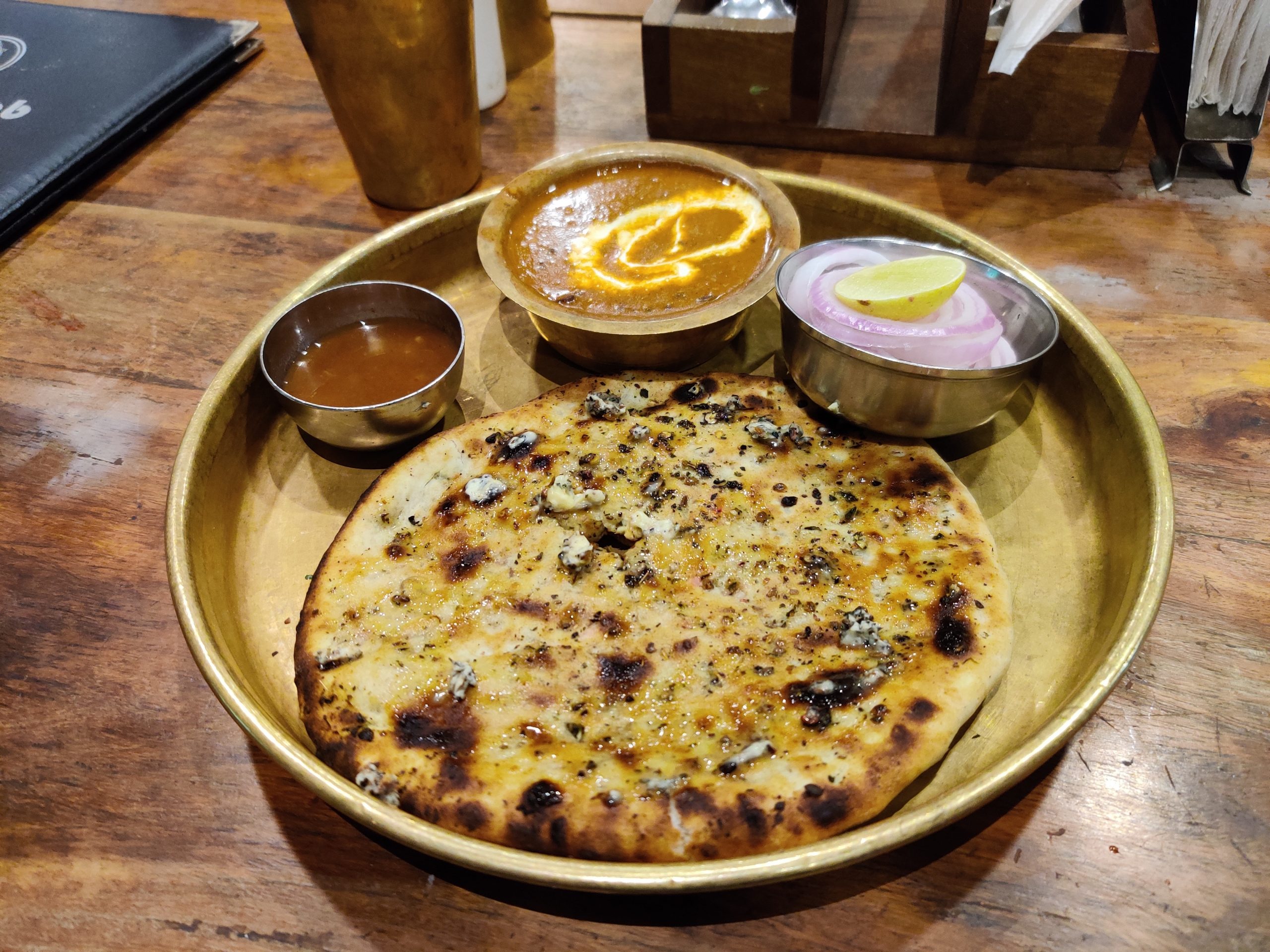
Eating in moderation is key. Many Indian meals tend to be carb-heavy, with large portions of rice and rotis. Try using a smaller plate, increasing the portion of sabzi (vegetables), and eating slowly to prevent overeating.
- Reduce Processed and Packaged Foods

Packaged snacks, namkeens, and ready-to-eat foods contain excessive salt, sugar, and unhealthy fats, all of which contribute to weight gain. Instead, opt for homemade roasted chana, makhana, nuts, and fresh fruit as healthier snack alternatives.
- Manage Stress to Reduce Belly Fat

Chronic stress leads to increased cortisol levels, a hormone that encourages fat storage around the abdomen. Daily meditation, deep breathing exercises, spending time in nature, or engaging in a hobby can help manage stress effectively.
- Improve Gut Health with Probiotics

A healthy gut is essential for weight management. Include probiotic-rich foods like homemade curd, buttermilk (chaas), fermented pickles, and kanji (fermented carrot drink) to aid digestion and reduce bloating.
- Get Adequate Sleep
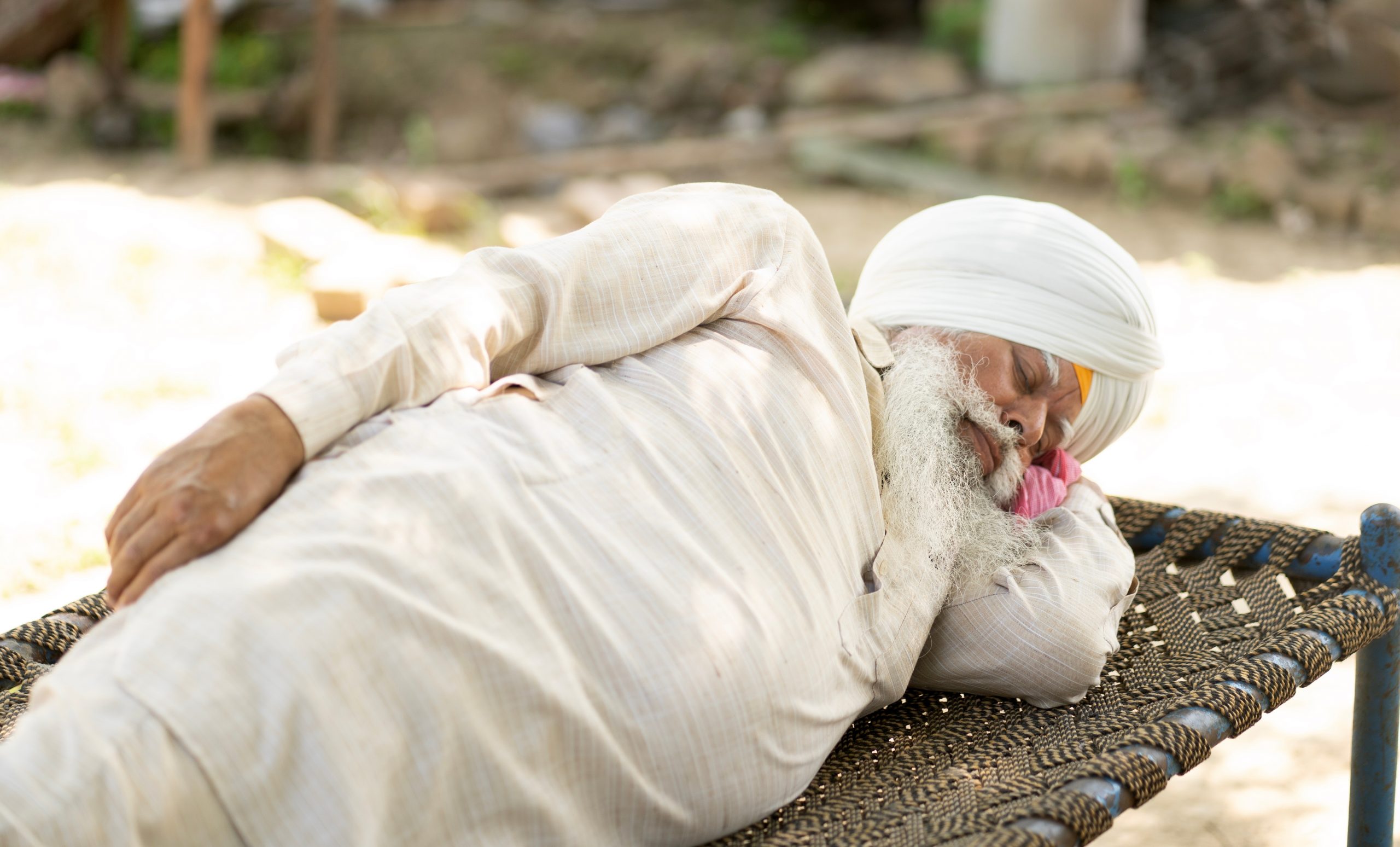
Poor sleep disrupts metabolism and increases cravings for unhealthy foods. Aim for 7-9 hours of quality sleep every night. Reduce screen time before bed, maintain a regular sleep schedule, and practise relaxation techniques.
- Avoid Late-Night Eating

Eating heavy meals close to bedtime can lead to indigestion and weight gain. Try to finish your last meal at least 2-3 hours before sleeping. If you feel hungry at night, opt for light foods like warm turmeric milk, nuts, or a banana.
- Increase Omega-3 Fatty Acids

Omega-3s help reduce inflammation and promote fat loss. Fish, flaxseeds, walnuts, and chia seeds are excellent sources.
- Limit Alcohol Consumption

Alcohol, especially beer and sugary cocktails, adds empty calories and encourages belly fat storage. If you drink, do so in moderation.
- Drink Green Tea or Herbal Infusions

Green tea contains antioxidants that boost metabolism. Herbal teas like cinnamon tea, ginger tea, or ajwain water are excellent for digestion and reducing bloating.
- Stay Active Throughout the Day

Apart from exercise, small activities like taking the stairs, walking while talking on the phone, or stretching every hour help keep metabolism active.
- Practise Mindful Eating

Eat without distractions (like TV or mobile phones), chew slowly, and focus on your meal to prevent overeating.
- Avoid Carbonated and Sugary Drinks

Fizzy drinks and sodas cause bloating and contribute to weight gain. Opt for coconut water, lemon water, or jeera-infused water instead.
- Reduce Salt Intake to Prevent Water Retention
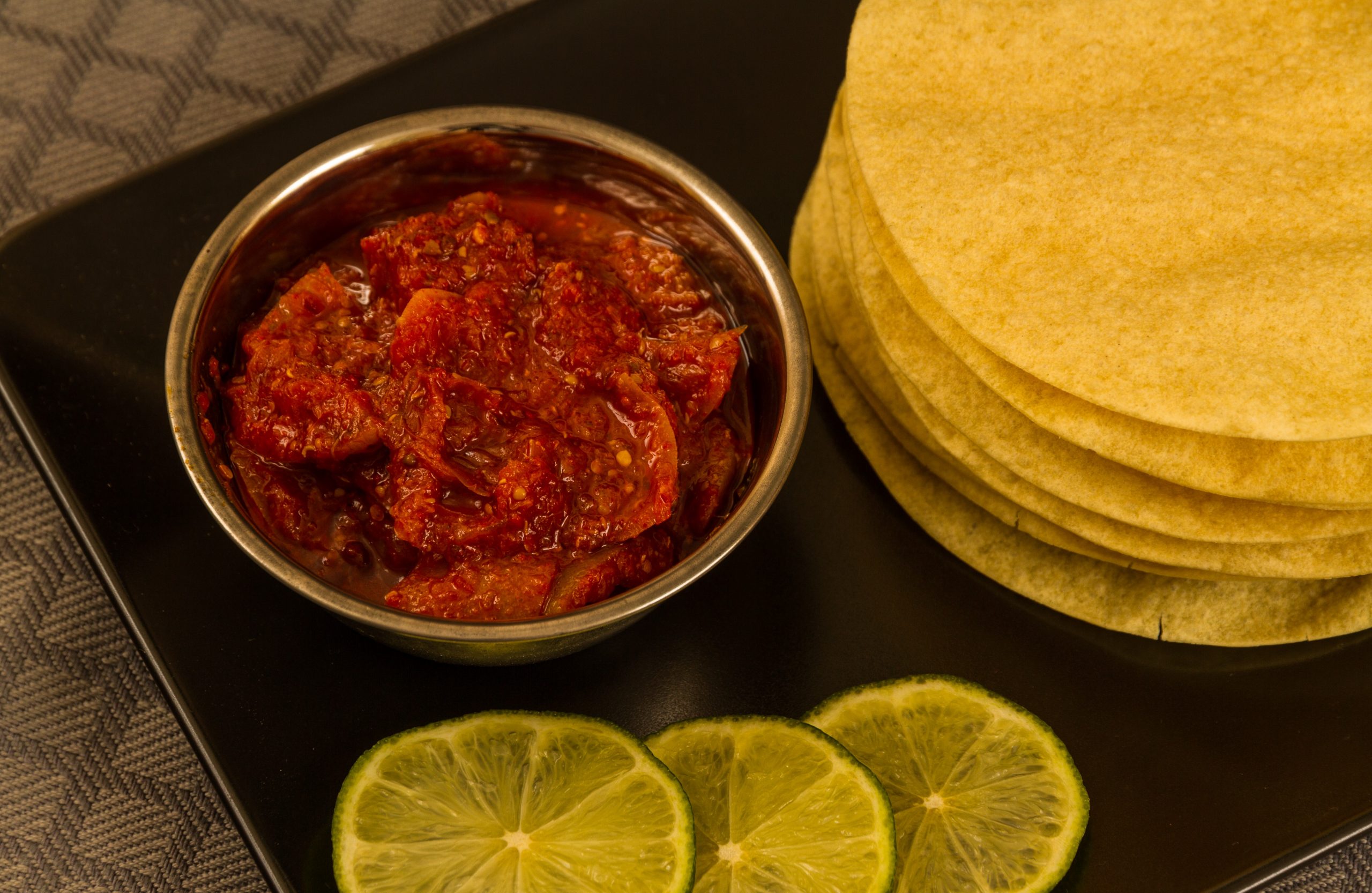
Excess sodium causes bloating. Reduce packaged foods and limit pickles, papads, and processed sauces. Use natural herbs and spices for flavour instead.
- Maintain Good Posture

Standing and sitting upright engages core muscles, prevents slouching, and naturally improves abdominal tone.
- Try Gentle Core Exercises

Exercises like seated knee lifts, gentle torso twists, and standing side bends strengthen the core without straining the back.
- Stay Consistent
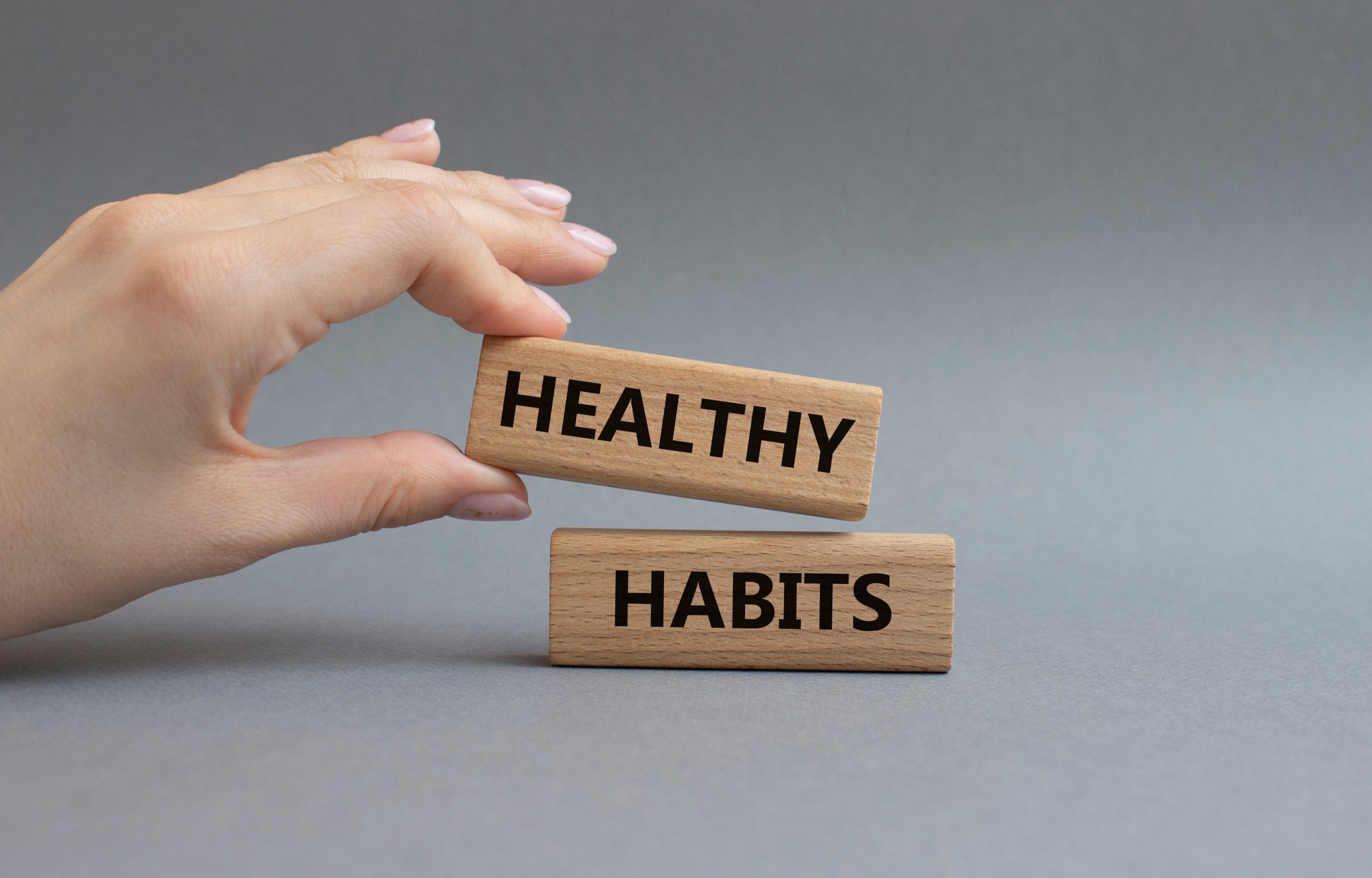
Healthy habits need long-term consistency. Avoid crash diets or extreme workouts—small, sustainable changes lead to lasting results.
- Keep a Food Journal
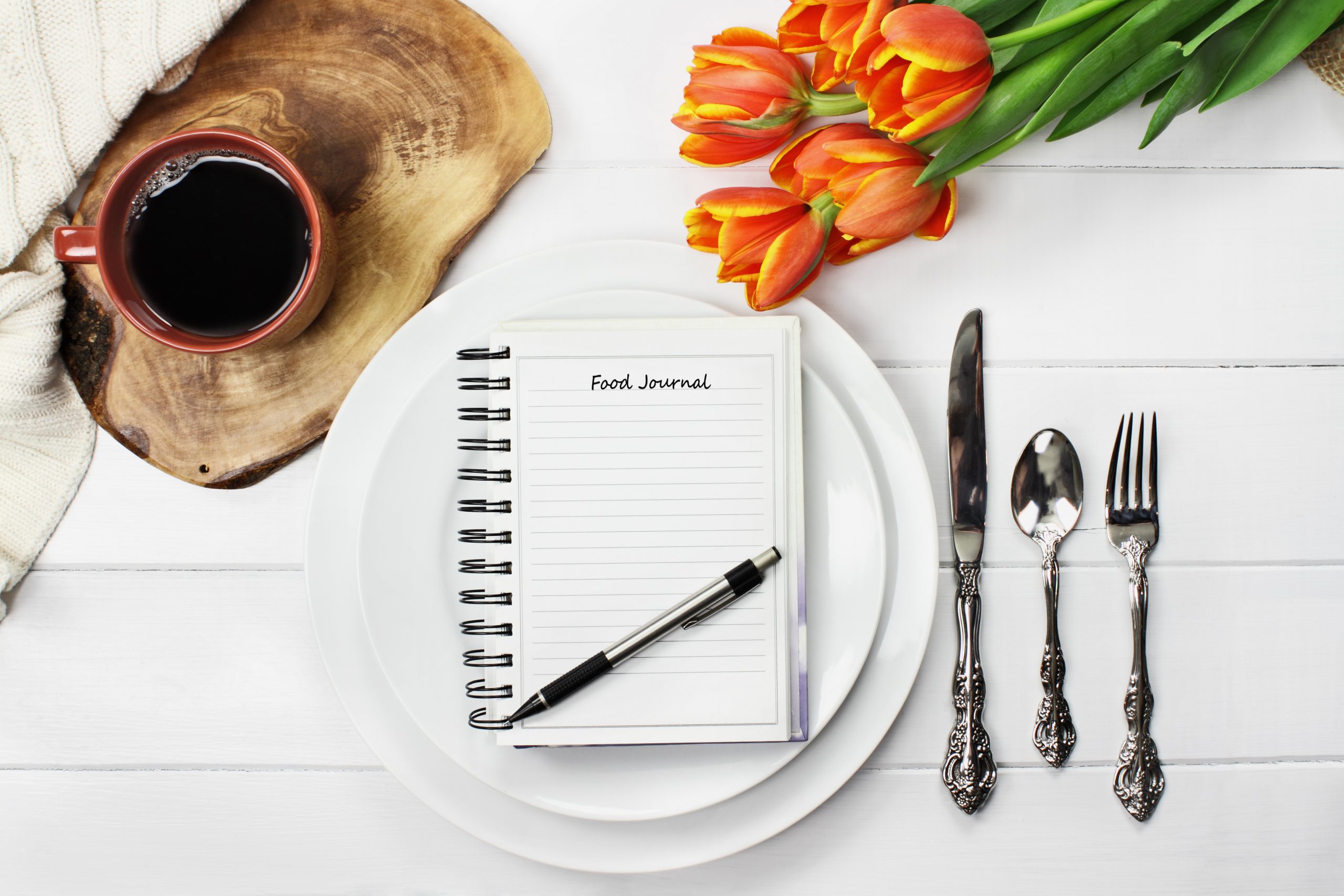
Writing down what you eat increases awareness of portion sizes and eating patterns. Apps or a simple diary can be helpful.
- Eat More Whole, Home-Cooked Foods
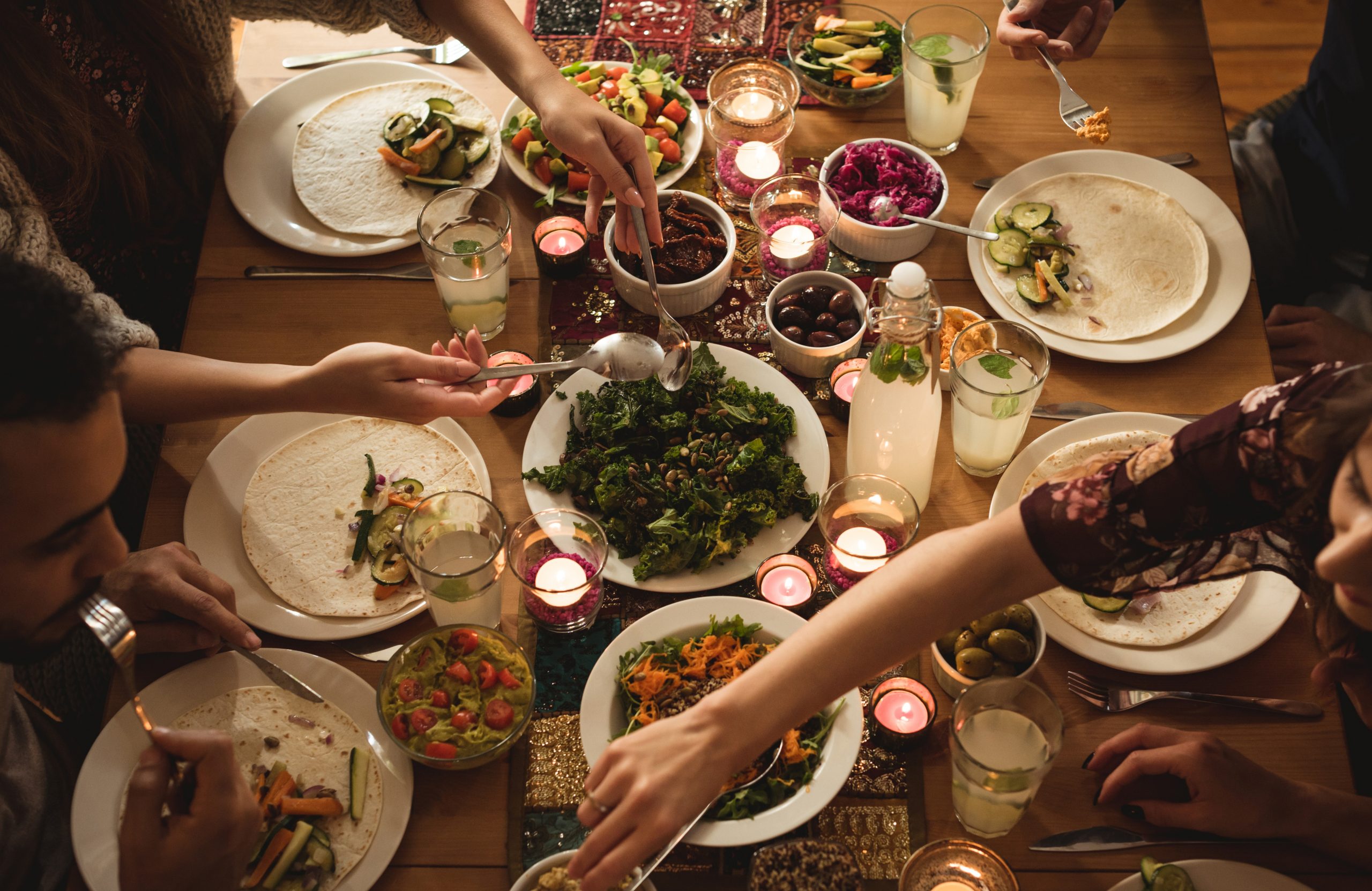
Cook at home as often as possible. Traditional Indian meals with seasonal vegetables, whole grains, and minimal oil are naturally healthier than restaurant or packaged food.
- Seek Professional Guidance When Needed

If you have pre-existing health conditions, consult a doctor, dietitian, or physiotherapist to create a safe and effective weight management plan tailored to your needs.
Final Thoughts
Losing belly fat after 60 is about small but significant lifestyle changes rather than drastic measures. By making mindful choices about diet, exercise, and daily habits, you can improve both your health and confidence. Start today, stay patient, and enjoy the journey towards a healthier, more active life








